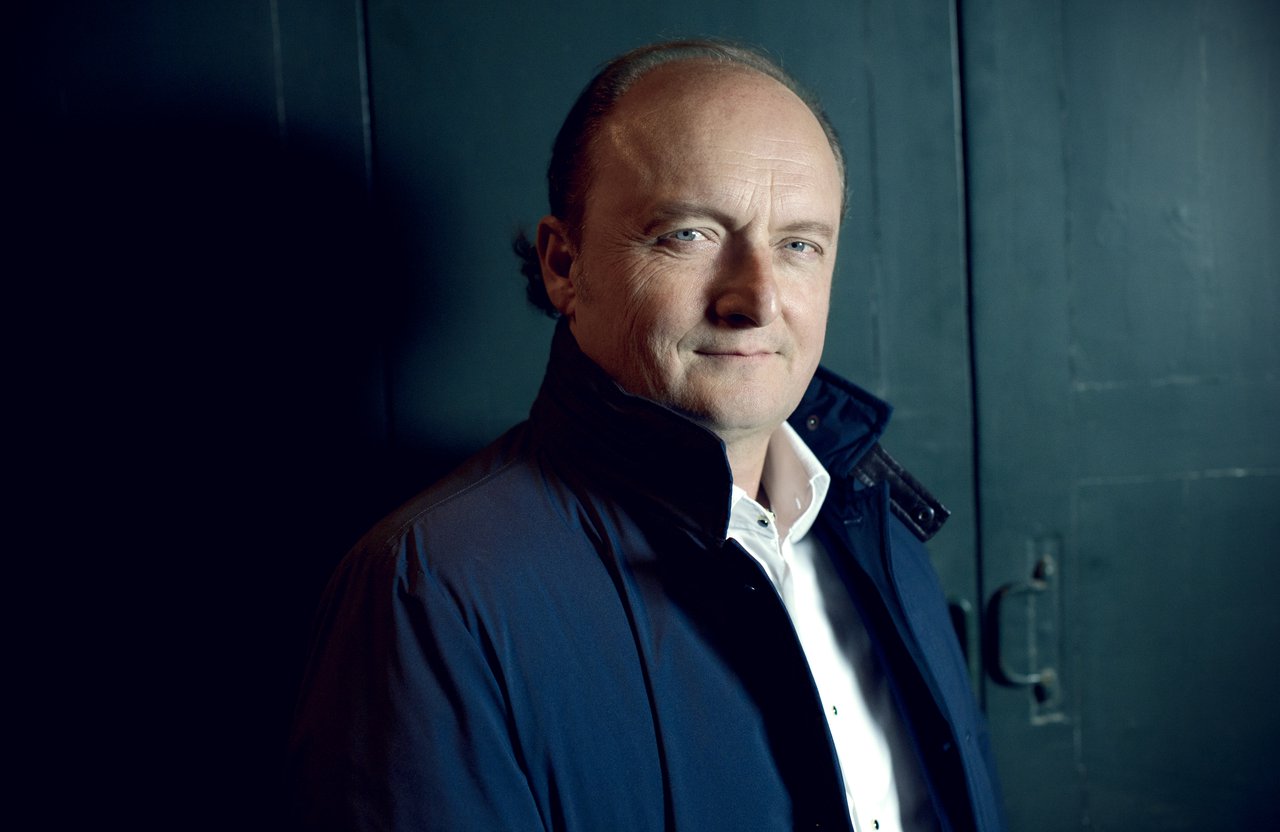20.00 Uhr
Weihnachtskonzert des Georg-Friedrich-Händel-Gymnasiums
 François Leleux © Jean-Baptiste Millot
François Leleux © Jean-Baptiste Millot
The French world star of the oboe answers our questions with the same charm and temperament with which he conducts the Konzerthausorchester with Mozart, Salieri & Bizet at the coming weekend.
Exactly 33 years ago! I was 19 and had just won the ARD competition. The competition president at the time, Renate Ronnefeldt, had a keen instinct and said: "You're a born conductor - I bet you that you'll be conducting orchestras in 10 years at the latest!" After my concerts, I regularly heard: "Come back and conduct!" When I was 25, I actually started doing that. I became general music director of the Ensemble del Arte chamber orchestra in Neuburg an der Donau.
But I have a wonderful wife, the violinist Lisa Batiashvili, who has a great career, and we have two children. As a conductor, you don't have much time, so for a long, I concentrated on being a soloist and just conducting a little. I didn't want to overdo it. Now the children are grown up and it's slowly blossoming (laughs).
It is very important to me to avoid three mistakes that you can make as a conductor. The first is not letting the orchestra play enough. If you don't take this to heart, you can't expect it to play well. It has to warm up, grow into a piece and immerse itself in the composer's language again, even with a well-known work. Every composition is like a bath with different temperatures, depths and dimensions that the orchestra has to explore.
The second mistake you can make as a conductor: Talking too much at the first rehearsal and immediately going into too much detail. You first have to provide the framework, i.e. character, articulation and dynamics.
Thirdly, you shouldn't lack respect for the orchestra musicians, because it's one of the hardest jobs I know. As a conductor, you should give them a bit of space, because they often notice for themselves when something wasn't right. That's why it's good to simply go back in the rehearsal and only say something the second time, if that's necessary.
It is a very beautiful program that is about the genius and inspiration that we are given as humanity. In the first half, we play the overture to Don Giovanni, arias from it and from The Magic Flute. In addition to this operatic music by Mozart, we have Salieri's double concerto for oboe and flute on the program, which is also a very operatic piece. I am pleased to be able to show the connections between the two composers: Salieri with a great deal of spirit and wit, Mozart in all his subtlety. It's in itself like an opera with two characters. The second half of the program is dedicated to Georges Bizet, the brilliant French composer who wrote a masterpiece with his first symphony in 1855 when he was just 17 years old. He was never to hear it, as it was not premiered until 1935.